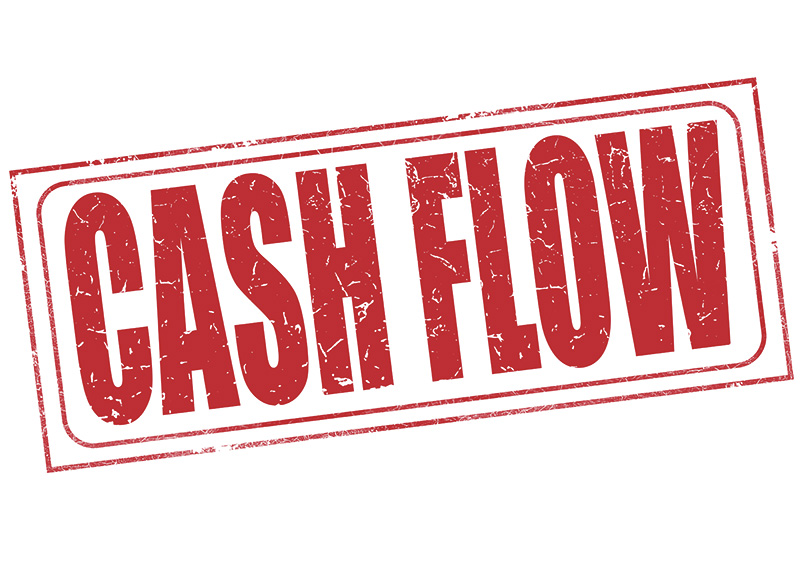 What constitutes a going concern?
What constitutes a going concern?
We were recently asked to provide advice on the potential sale of a family’s commercial property. The query asked ‘what constitutes a going concern and whether a vacant tenancy requires a partial payment of GST’.
Firstly, there will be no partial payment of GST as it is one supply. It will potentially be all subject to GST or not subject to GST.
A sale of a going concern is GST-free if all of the following apply:
- Payment is made for the supply
- The purchaser is registered (or required to be registered) for GST
- The buyer and seller have agreed in writing that the sale is of a going concern
- The seller supplies all things necessary for the continued operation of the business
- The seller carries on the business until the day of supply.
To overcome the problem of a partially tenanted commercial property, both of the following must apply for it to be considered a sale of a going concern:
- The vacant part of the property is being actively marketed for lease (eg. Advertised on the internet, newspaper, and/or listed with an agent).
- All leases, agreements and covenants are included in the sale.
Without formal written leases or agreements, no tenancy is enforceable and no lease can be assigned over to the buyer. At any given time either party can walk away. Your business enterprise consists of leasing a commercial property and a vital part of this enterprise would be a formal written lease or agreement. Without this, you would find it difficult to satisfy number 4. above ‘the seller supplies all things necessary for the continued operation of the business’.
Always negotiate the price as GST EXCLUSIVE so that both parties know where they stand. Then if GST is payable, you still get the agreed price. A contract that is silent will be GST inclusive, which will always be bad for a seller if there has been no consideration of GST. You could include a clause in your contract stating that if the tax office deems your sale NOT to be a going concern, then you can call on the buyer at any time to pay the GST. A problem with this is that the ATO will require the GST straight away while the buyer may dispute the payment or has gone into liquidation.
Another option, that I won’t go into now, is to sell the property under the margin scheme. This involves paying GST on the difference between what you sell it for and the purchase price or valuation if it has been held prior to 1 July 2000. The purchaser cannot claim back the GST credits.






